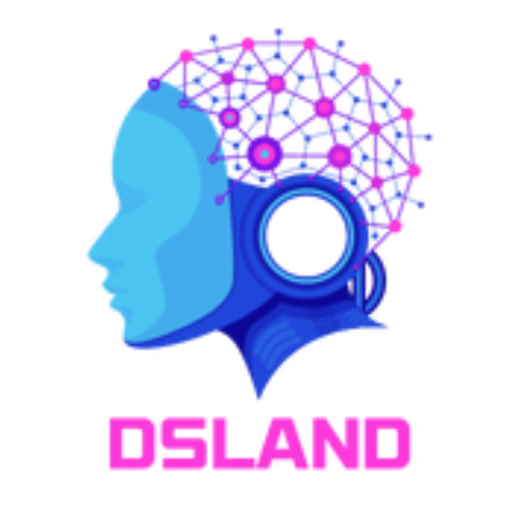AI Classroom: 2024 Benefits & Risks for NC Teachers
With the rapid advancement of technology, the integration of artificial intelligence (AI) in classrooms has become a focal point of discussion among educators and policymakers. As we move into 2024, North Carolina (NC) teachers face both promising benefits and significant risks related to AI in education. This article delves into the intricacies of these developments, elucidating how AI can transform the educational landscape while also highlighting potential pitfalls.
Table of Contents
- Overview of AI in Education
- Benefits of AI in Classrooms
- Risks Associated with AI
- Case Examples from NC Schools
- Recommendations for NC Teachers
- Conclusion
Overview of AI in Education
Artificial Intelligence (AI) refers to systems or machines that mimic human intelligence to perform tasks, continuously improving themselves based on the information they collect. In the field of education, AI has the potential to revolutionize the traditional teaching paradigm by offering personalized learning experiences, automating administrative tasks, and enhancing data analytics capabilities.
Benefits of AI in Classrooms
1. Personalized Learning
One of the most significant advantages of AI in education is personalized learning. AI algorithms can analyze the learning patterns of students and adapt instructional materials to meet individual needs. This ensures that each student receives a tailored educational experience that maximizes their potential.
2. Administrative Efficiencies
AI can take over mundane administrative tasks such as grading and attendance tracking. This allows teachers to focus more on instructive activities and student engagement, thereby improving the overall quality of education.
3. Enhanced Analytics
AI systems can analyze large sets of educational data to provide insights into student performance, helping educators identify areas that require additional attention. This data-driven approach can lead to more effective teaching strategies and better learning outcomes.
Risks Associated with AI
1. Job Displacement
One of the major risks of incorporating AI into classrooms is the potential for job displacement. With AI handling tasks traditionally performed by teachers, there is a concern that the demand for human educators could diminish.
2. Data Privacy Concerns
The extensive data collection required for AI systems poses significant privacy risks. Schools will need to implement robust data protection measures to ensure that student data remains secure.
3. Bias in Algorithms
AI algorithms are only as unbiased as the data they’re trained on. If the training data contains biases, the AI system will perpetuate these biases, potentially leading to unequal educational opportunities for students.
Case Examples from NC Schools
Several schools in North Carolina have already started integrating AI into their teaching methods. For instance, ABC High School has implemented an AI-powered tutoring system that provides students with personalized study plans. Data analytics from this system have shown a measurable improvement in student performance in subjects like math and science.
1. Success Stories
At XYZ Middle School, AI is used for administrative tasks, freeing up teachers to spend more one-on-one time with students. This has led to increased student satisfaction and better teacher-student relationships.
2. Challenges Faced
However, not all experiences have been positive. Some schools have encountered issues related to data privacy breaches and algorithmic bias, underscoring the need for stringent policies and continuous monitoring.
Recommendations for NC Teachers
To navigate the complexities of AI integration effectively, NC teachers must adopt a multifaceted approach. Below are some recommendations:
- Invest in Continuous Professional Development: Teachers should engage in ongoing training programs to stay updated with AI advancements and best practices.
- Collaborate with AI Experts: Partnering with AI specialists can help in understanding and mitigating the risks associated with AI.
- Advocate for Strong Data Protection Policies: Ensuring that robust data protection measures are in place will safeguard student information.
- Focus on Ethical AI: Prioritize the use of ethical AI systems that minimize biases and promote fairness.
Conclusion
The integration of AI in classrooms brings a host of benefits and risks for NC teachers in 2024. While the potential for personalized learning, administrative efficiency, and enhanced analytics are significant advantages, issues like job displacement, data privacy, and bias in algorithms cannot be overlooked. By adopting a balanced, informed approach, NC teachers can harness the power of AI to create a more effective and equitable educational environment.
